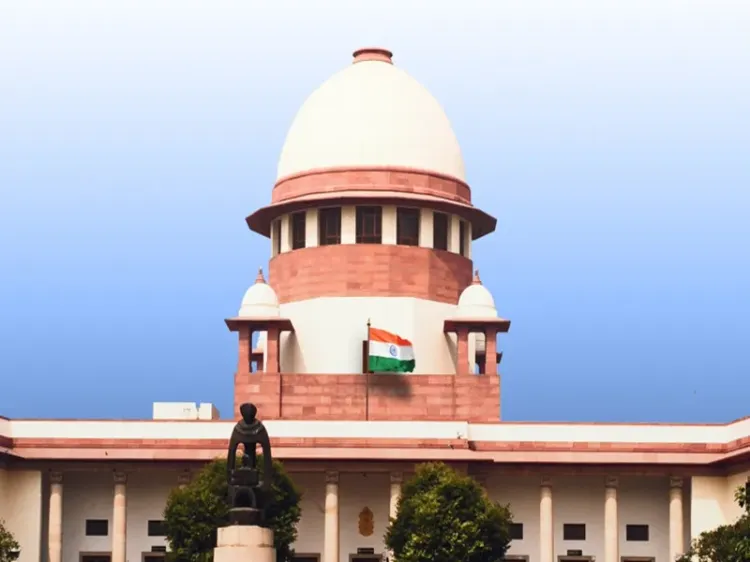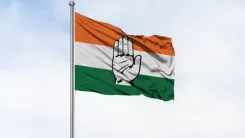PIL before SC Calls for Unconstitutionality of Laws Aimed at Men

Synopsis
Key Takeaways
- Supreme Court to hear PIL on discriminatory laws
- PIL claims laws unfairly target men
- Accusations treated as evidence of guilt
- Historical misrepresentation of dowry practices
- Concerns over presumption of innocence
New Delhi, Feb 1 (NationPress) The Supreme Court is scheduled to consider on Monday a public interest litigation (PIL) that seeks a ruling to declare unconstitutional laws that primarily target men and unfairly label men as aggressors in domestic conflicts.
According to the causelist available on the Supreme Court's website, a panel of Justices BR Gavai and K. Vinod Chandran will hear this case on February 3. The petition aims to declare Sections 2, 3, 4, and 8A of the Dowry Prohibition Act, 1961, S. 498A of the Indian Penal Code, 1860, along with its equivalent in the Bhartiya Nyay Sanhita, 2023, S. 2 and 3 of the Protection of Women from Domestic Violence Act, 2005, and S. 12(1)(c) of the Hindu Marriage Act, 1955 as unconstitutional and invalid for violating fundamental rights enshrined in the Constitution and India's international human rights obligations.
The petition, filed through advocate Pankaj Sharma, states: “The contested provisions primarily target men, allowing accusations to be treated as evidence of guilt and creating a framework that assumes culpability, contradicting the fundamental principle of ‘innocent until proven guilty’.” This framework, it argues, unjustly presumes men to be aggressors in domestic disputes, thereby undermining their right to a fair trial.
The plea further asserts that dowry is misrepresented as a practice intrinsic to Hinduism, despite historical proof of its origins in Roman, Greek, and Christian traditions. It contends that Hindu religious texts do not endorse dowry practices; hence, laws that specifically address Hindus in this context are arbitrary, discriminatory, and violate Article 15, which prohibits discrimination based on religion.
The petition emphasizes that the enforcement of dowry laws upon Hindus and the exclusion of Muslims reflects an arbitrary cultural misrepresentation intended to propagate an inaccurate stereotype. It points out that Section 2 of the Dowry Prohibition Act inaccurately links dowry with Hindu marriage customs, thereby fostering a false narrative that undermines Hindu culture through an artificially created association devoid of factual or historical support.
Additionally, it argues that Sections 3 and 4 of the Act subtly imply that the issue of dowry is prevalent and further strengthens the concept of dowry by penalizing Hindu men based solely on the presumption of dowry demands or the assumption of involvement in dowry transactions.
“Section 8A of the Dowry Prohibition Act, 1961, wrongly shifts the burden of proof to the accused, violating the principle of presumption of innocence, a fundamental tenet of natural justice,” the petition elaborates.
The plea also contends that the Protection of Women from Domestic Violence Act, 2005, presumes women to be “aggrieved persons” based solely on their allegations, categorizing men as “respondents” automatically.
“The dowry laws and Section 498A of the IPC are exploited as instruments for harassment and extortion, particularly against men and their families. These laws operate under a presumption of guilt, thereby violating men's right to a fair trial,” the petition argues.
This misuse demonstrates the underlying malice in these laws, which promote injustice rather than equity, thereby violating Articles 14, 19, and 21 of the Indian Constitution.
Imposing an implicit presumption of guilt upon men while viewing women as victims, without regard for individual circumstances or evidence, constitutes sex-based discrimination, infringing upon Article 15 of the Constitution and perpetuating societal bias.







